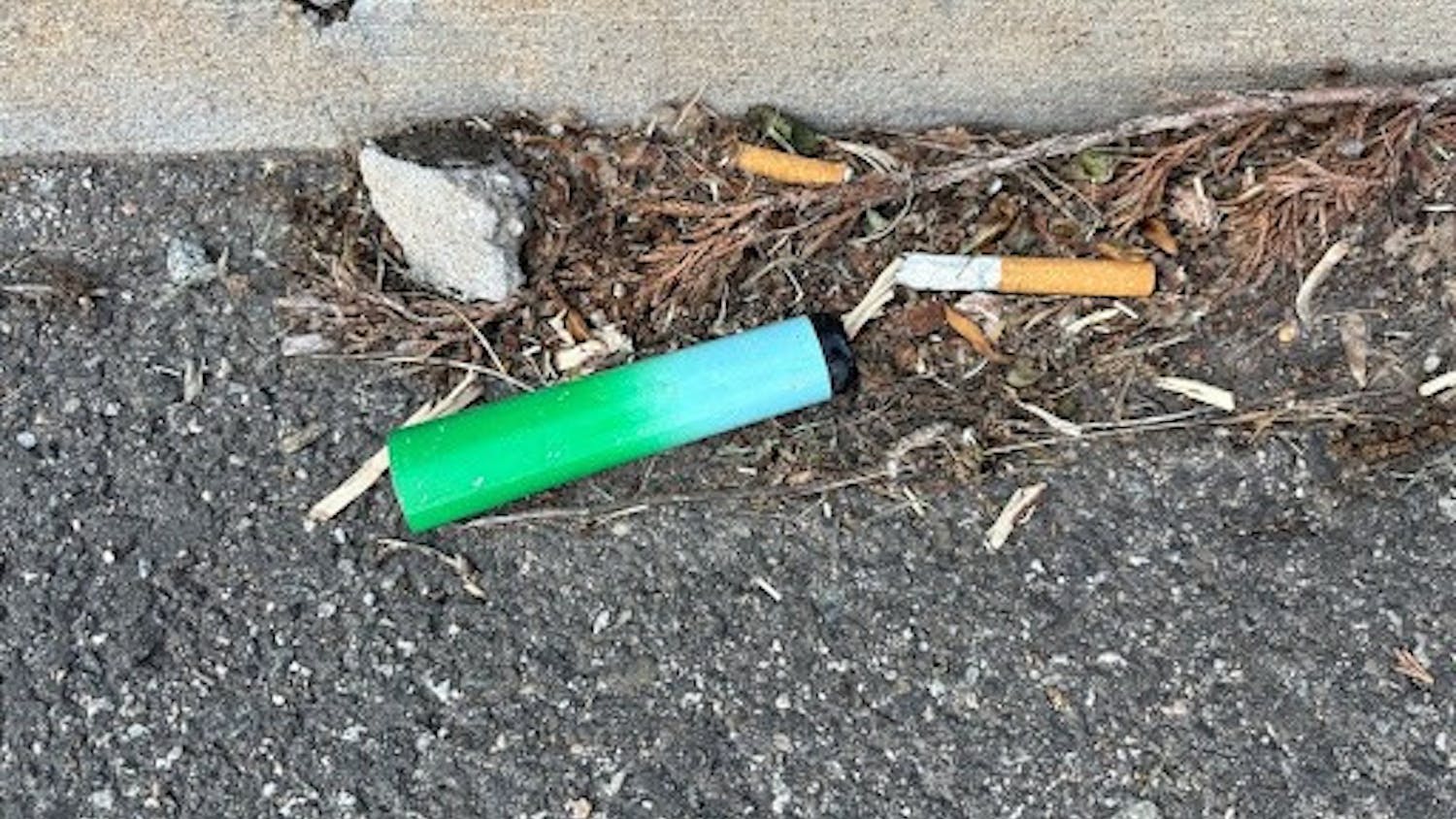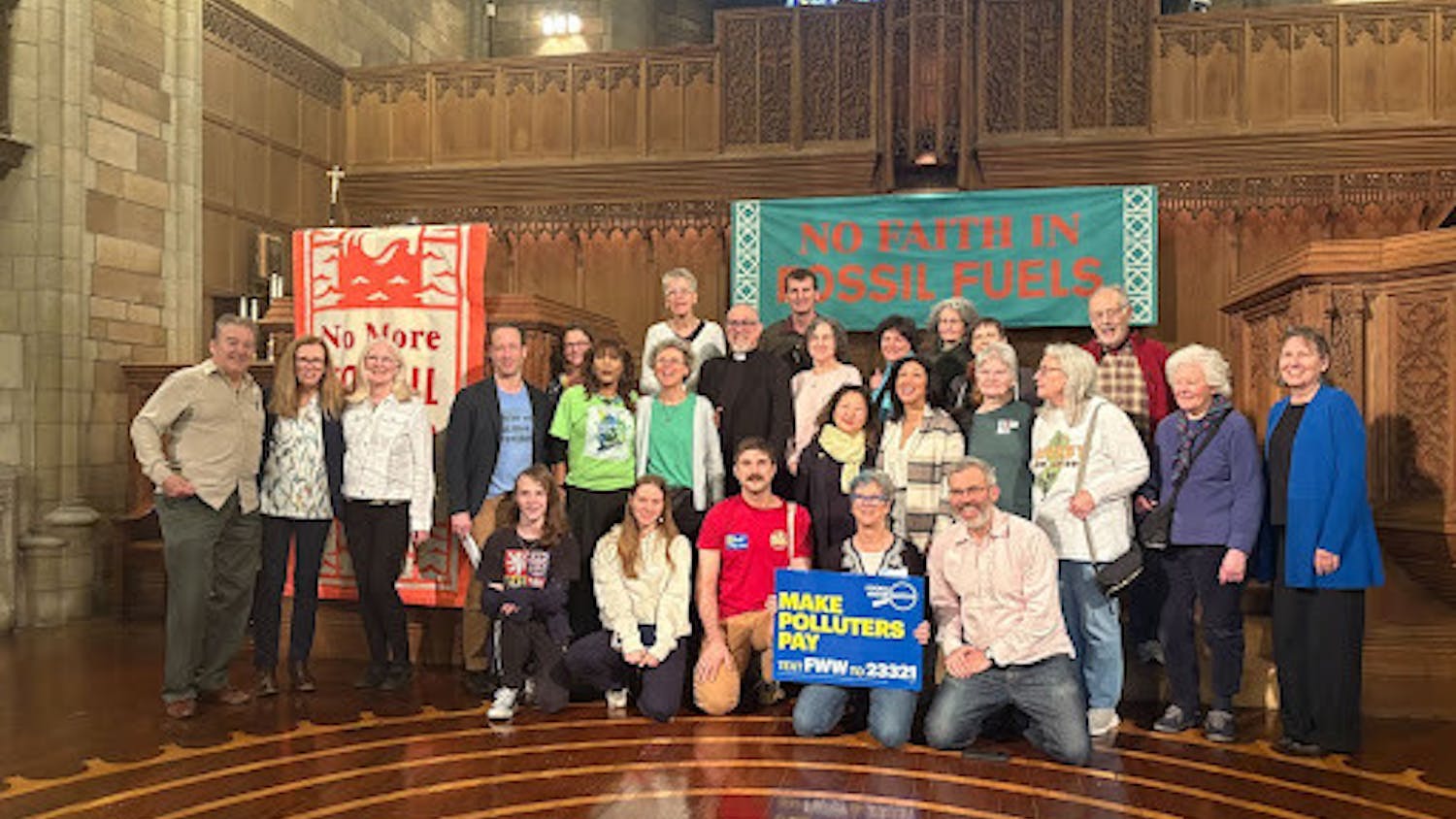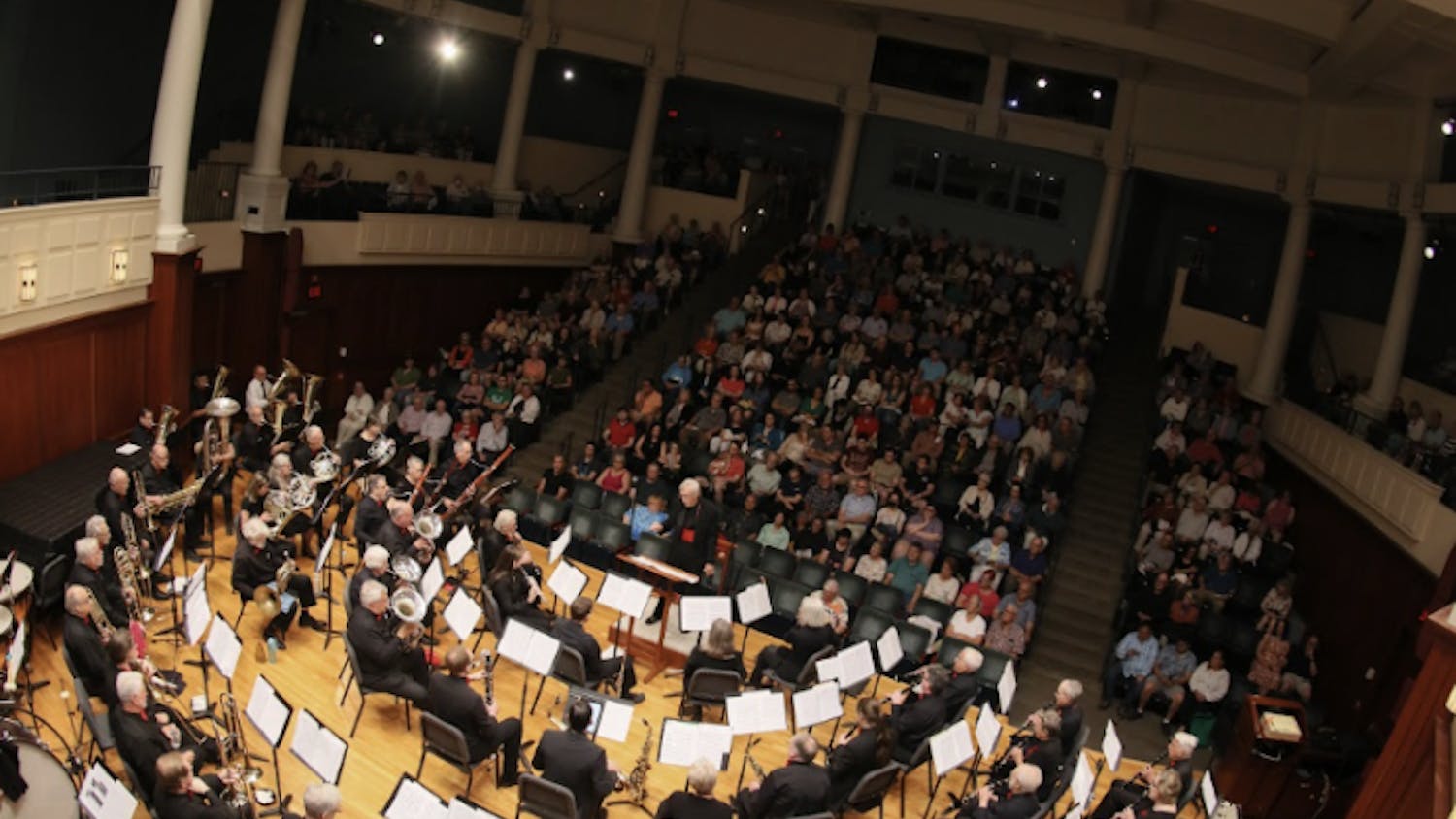New Jersey's gubernatorial election has come and gone. Democrat Jon Corzine is the next governor of New Jersey. Only one question remains: How involved were students at the College in the election?
Unfortunately, there is no definitive answer. Some students were very involved in the election process, while others barely made it out to vote. Some students knew a lot about Corzine's and Republican candidate Doug Forrester's campaigns, while others weren't even aware that this was an election year in New Jersey.
According to Bill Ball, chair of the political science department, the 18-25 age bracket has historically been the least politically active group. In the past few years, however, Ball said he's noticed a rise in political groups and higher enrollment in political science classes at the College.
"I think there's an increasing interest in politics by the student body," Ball said.
New Jersey's gubernatorial election, however, may not have attracted many young voters for a very specific reason.
"The biggest issue (in this election) was property taxes and that's just an issue that students don't have that much connection with," Ball said.
In a survey conducted in October by Ball's Political Analysis class, only 42 percent of 270 College students said they would "very likely" vote in the gubernatorial election. Of the remaining students, 27 percent said they were "somewhat likely" to vote, 13 percent weren't sure, five percent said it was "somewhat unlikely" they would vote and another 13 percent said it was "very unlikely" they would vote.
The survey also saw 41 percent of students say they would vote for Corzine and only 24 percent for Forrester. The campus survey predicted Corzine's win in a race that, according to Ball, had a clear winner from the beginning.
"I think this was an election that really had no surprises in it," Ball said. "The media wanted to pretend that it was a close race, but it really wasn't."
Both the College Democrats and TCNJ College Republicans did their part campaigning for their respective candidates.
"The College Democrats went door to door spreading the word on Corzine and asking people if they were planning on voting," Matthew Civiletti, president of the College Democrats, said. "We brought a few materials with us and tried to persuade any undecided voters. We got a good response, but we were surprised to discover that the vast majority of people either weren't registered or weren't planning on voting."
According to Matt Esposito, chairman of the TCNJ College Republicans, his group did most of its campaign work for Forrester, as well as for Assemblyman Bill Baroni, in Ewing, Hamilton and other locations around the state.
"We did door to door for Forrester's campaign and put up signs as well," Esposito said. "Attendance and participation are higher (in the College Republicans) than they have ever been in my four years here. I'm very proud of the members."
Dominick Serra, senior criminology and justice studies major, said he voted because he feels he has a duty to fulfill.
"I'm not going to lie, I don't really think about (voting), it's just something I feel I have to do," Serra said before revealing who he voted for. "Jon Corzine was a Marine, he had me at hello."
Serra doesn't think that a lot of students at the College get very involved with politics.
"I think there's that overzealous group of very politically active individuals and it just dwindles down from there," Serra said.
Matthew Santos, junior elementary education/psychology major, said he didn't vote in this election because he didn't have time to research all the candidates.
"I'd rather not base my vote on one campaign ad or other peoples' opinions that I heard," Santos said. "I'd rather research for myself and I didn't find the time."
Both Serra and Santos agreed that whoever serves as governor will affect them, but not as much as those in other governmental positions or even those in the College's own political structure.
"I think I pay less attention in college because there's a political structure here that affects me more," Santos said. "I pay more attention to that."
Junior communication studies majors Tara Wells and Saadia Hussain didn't vote in this election either.
"Professors have tied us up so much this semester, we don't have time to worry about what goes on outside (the College's) bubble," Hussain said.
According to Wells, she's been so focused on her school work that she didn't know about the election until one of her professors asked if students were voting on Tuesday. Wells said politicians are all the same, but she has voted in other elections.
"I only vote because we once didn't have the right to vote," she said, speaking about African Americans and women. "I don't think it really changes anything."
Wells said she didn't have a reaction to Corzine's win.
"I haven't been paying attention to what they've been doing, so that's why I don't care," Wells said. "If I had been paying more attention, maybe it'd be different."
Still, there are students out there who did research and voted for a candidate they believed in.
"I voted for Doug Forrester because I felt that his opponent was going to give us more of the same type of corruption and backroom deals in Trenton," Esposito said.
Although she doesn't think a lot of students care about politics, Alissia Holliman-Neal, senior sociology major, said she was inspired to vote by a speech made by former president Bill Clinton.
"I find it hard to trust the words of a candidate because you can say one thing and not do it," Holliman-Neal said. "But when I heard this amazing speech by President Clinton endorsing Corzine, it made me more confident in choosing him."
Another major election won't come around until next year's midterm Congressional elections, but there's no off-season for getting into politics.
"I wish I had the motivation right now to be more involved," Santos said. "Hell, after this conversation, I just might."






